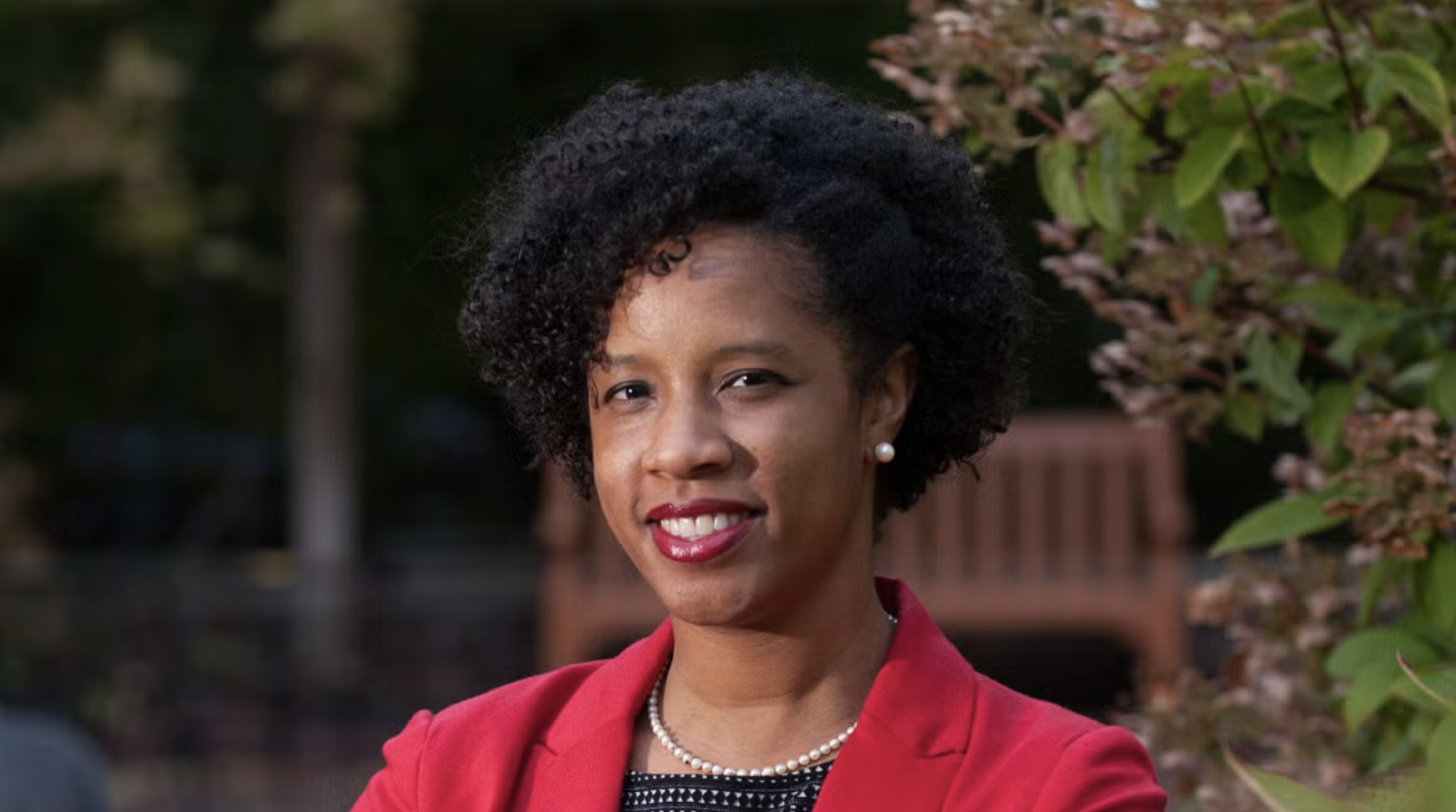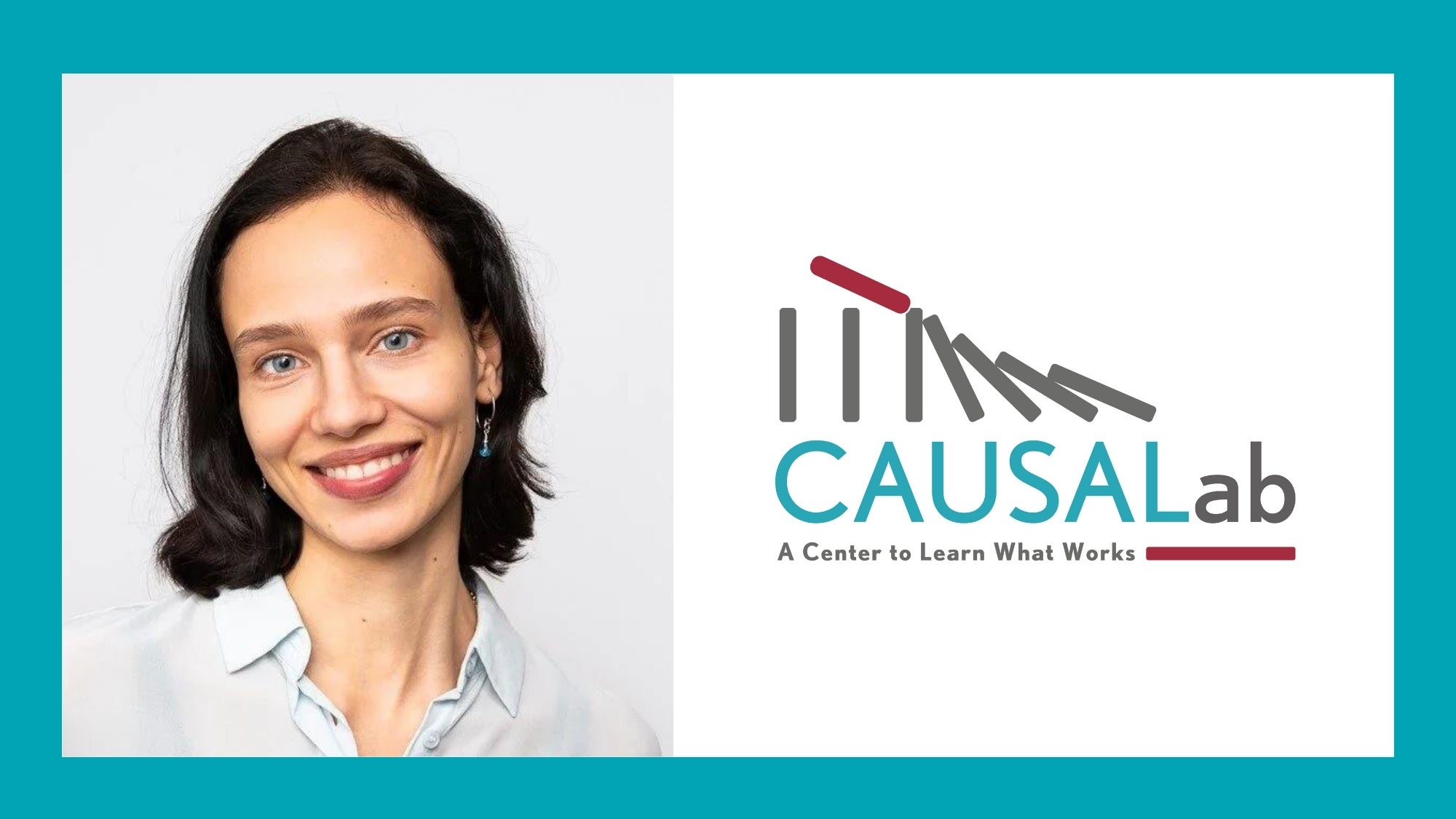Harvard Catalyst Biostatistics Short Course – 11/15

Short Course: Targeted Learning: Bridging Machine Learning with Causal and Statistical Inference
Friday November 15, 2024 | 8:30am – 4:00pm
In-Person, Countway Library. There will be no virtual option.
In fields ranging from public health and medicine to political science and economics, great care is required to disentangle intricate causal relationships using real-world data and inform decision-making efforts. Causal inference has emerged as a methodological framework for translating substantive questions into well-defined causal estimands, expressing identification assumptions necessary for these to be learned from data, and estimating the resultant quantities via standardization (i.e., outcome regression) and inverse probability weighting. However, such progress has failed to keep pace with developments in machine learning; thus, the practice of causal inference is often marred by over-reliance on restrictive modeling practices. The Targeted Learning (TL) paradigm presents a solution to this problem by unifying aspects of semi-parametric statistical theory, machine learning, and causal inference. The result is a methodological toolbox for evaluating causal effects via state-of-the-art estimators that are both robust (to model misspecification) and efficient (minimal variance, i.e., narrowest possible confidence intervals).
This Short Course introduces the TL paradigm, beginning with the guiding philosophy and underlying scientific motivations and going on to discuss estimation algorithms and their practical implementation through open-source software tools (e.g., the TLverse), addressing basic theoretical underpinnings along the way. Specific topics to be covered include targeted maximum likelihood estimation (TMLE) and collaborative TMLE (C-TMLE) for confounder selection (and, time permitting, adaptive TMLE (A-TMLE) for hybrid designs that combine experimental and external data); TMLE algorithms to estimate the causal effects of interventions on binary and continuous exposures; complications for addressing time-varying confounding and/or censoring; and incorporating machine learning via the super learner and highly adaptive lasso algorithms. This short course incorporates a mix of case studies, discussion, and hands-on programming exercises to allow participants to build familiarity with techniques and tools that will translate to improvements in real-world data analytic practice.
Mark van der Laan, PhD, University of California Berkeley
Nima Hejazi, PhD, Harvard T.H. Chan School of Public Health


